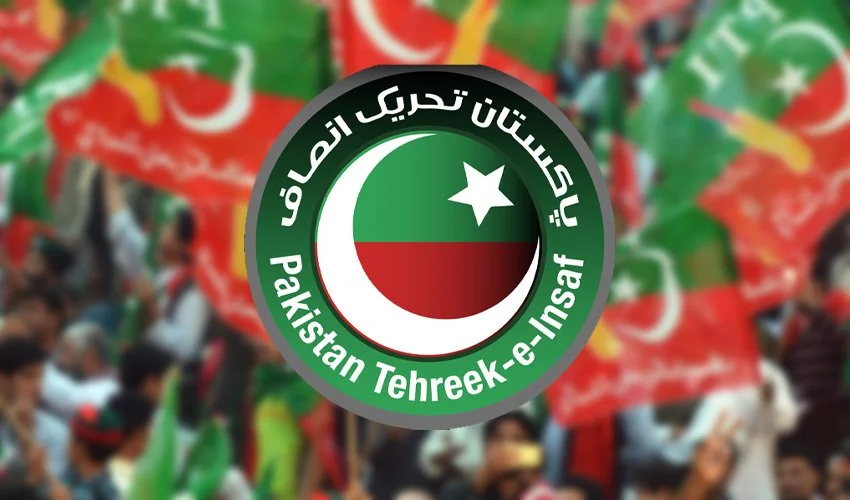
The National Assembly Secretariat announced on Friday the updated party composition, officially removing the Pakistan Tehreek-e-Insaf (PTI) from the lower house of the Pakistani parliament. The move follows a letter from the Speaker to the Election Commission, addressing the Election Amendment Act.
All 80 former PTI members are now listed as part of the Sunni Ittehad Council. Previously, 39 members were recognized as PTI while 41 were classified as independents, following a Supreme Court ruling on July 12, which had stated that members who filed party tickets before the February 8 elections should be considered part of PTI.
The new party composition also details changes involving seats reclaimed from the Pakistan Muslim League-Nawaz (PML-N), Pakistan Peoples Party (PPP), and Jamiat Ulema-e-Islam (JUI). The revision was made soon after the Speaker’s correspondence with the Election Commission.
Under the updated structure, PML-N now holds 110 seats, while the Sunni Ittehad Council has 80. The PPP controls 69 seats, the Muttahida Qaumi Movement (MQM) has 22, JUI-F has eight, and independent members hold eight seats. Pakistan Muslim League-Q has five seats, the Istehkam-e-Pakistan Party (IPP) holds four, and the Pashtunkhwa Milli Awami Party (PkMap), Balochistan National Party-Mengal (BNP), and Majlis Wahdat-e-Muslimeen (MWM) each have one seat.
If the Election Act is fully implemented, 23 reserved seats will be allocated among the PML-N, PPP, and JUI, with PML-N gaining 15 seats, PPP securing five, and JUI receiving three.
Lucky Investments Limited (“Lucky Investments”) rating has been upgraded to AM2++ with a Stable Outlook…
Mr. Atif Ikram Sheikh, President of the Federation of Pakistan Chambers of Commerce & Industry…
Indian Prime Minister Narendra Modi's recent trip to Israel, shortly before escalating tensions with Iran,…
TikTok, owned by Chinese tech giant ByteDance, announced it would refrain from implementing end-to-end encryption…
Police have nabbed the prime suspect in an acid attack that occurred on Wednesday in…
The distribution of financial assistance under the Ramazan relief package commenced today in Peshawar. This…
This website uses cookies.